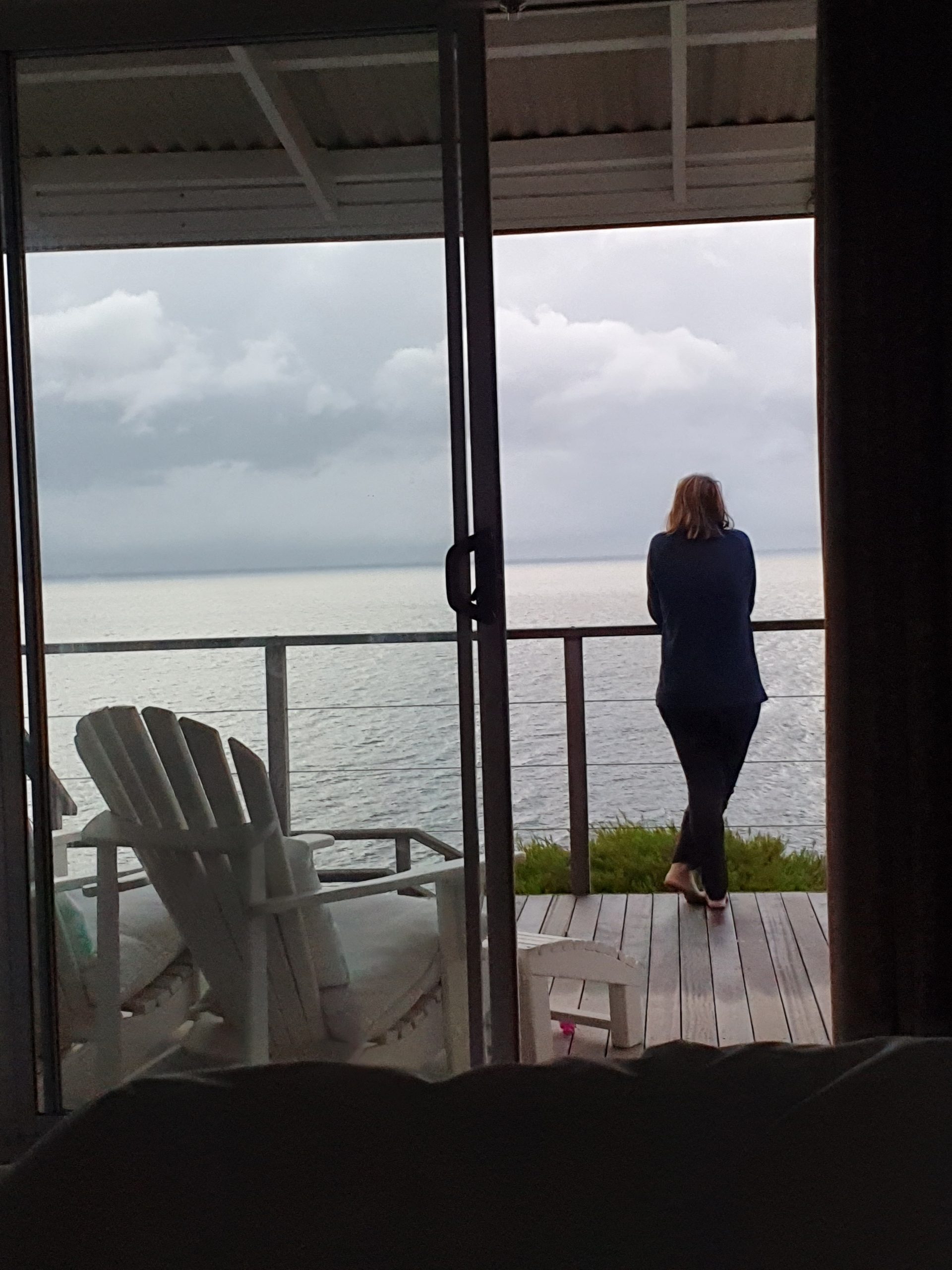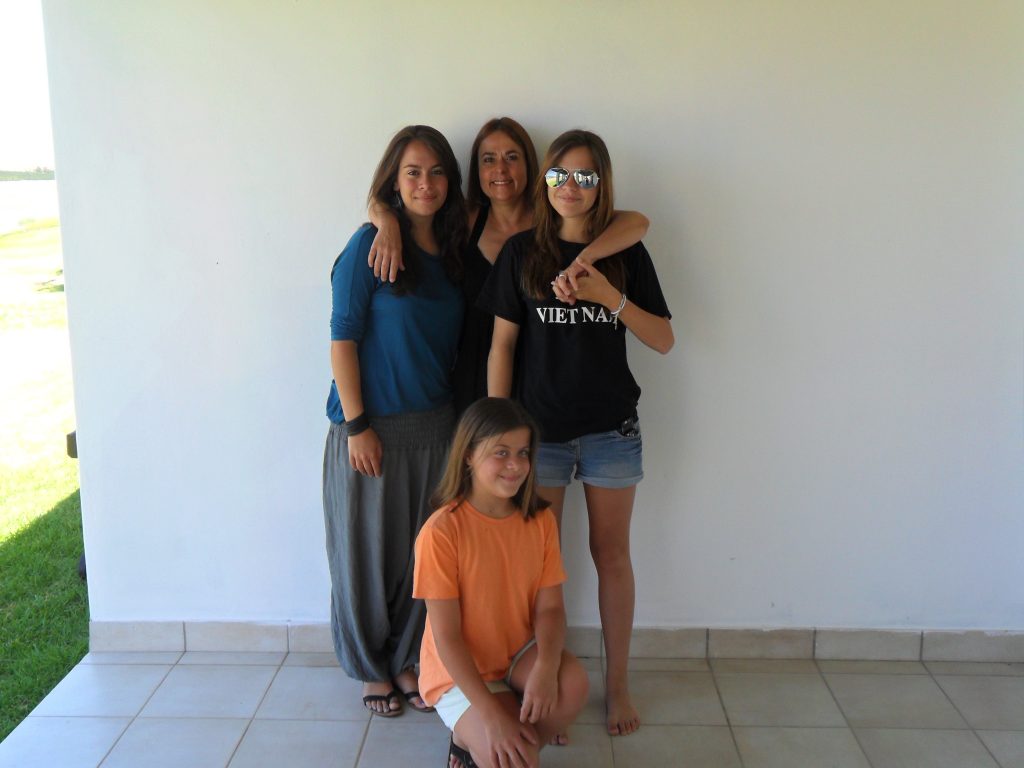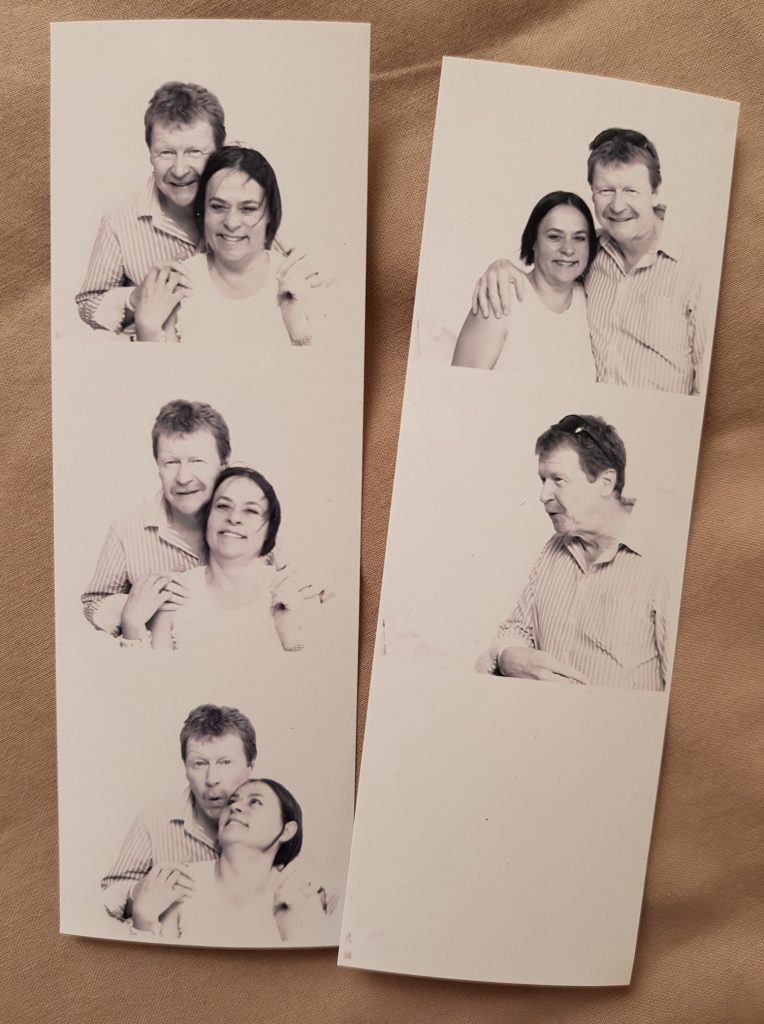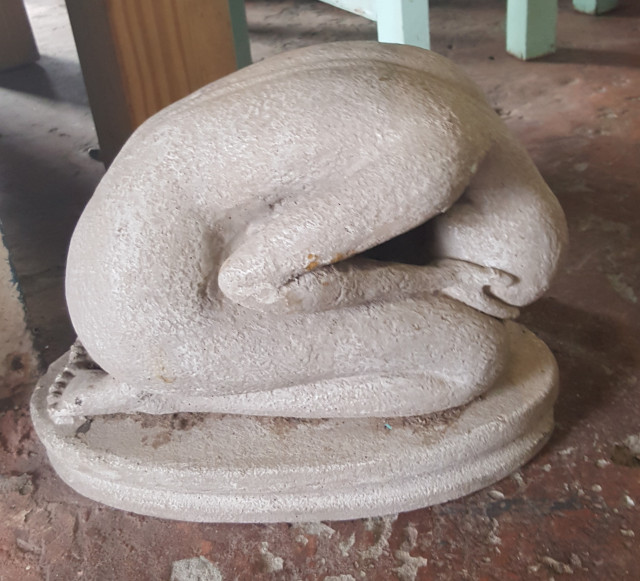
“Between stimulus and response, there is a space. In that space is our power to choose our response. In our response lies our growth and our freedom”.
~ Viktor Frankl
Viktor Frankl was a neurologist and psychiatrist who was imprisoned in a Nazi concentration camp during the Second World War. He suffered greatly and was stripped of everything. This included his wife, parents, brother, career and his human dignity. Yet, he discovered the following:
“Everything can be taken from a man but one thing: the last of the human freedoms – to choose one’s attitude in any given set of circumstances, to choose one’s own way”.
We all need to:
Choose to compromise, it is better to bend a little than to break.
Choose to let our love be stronger than our hate or anger.
Choose to believe the best about everyone we meet, rather than the worst.
Choose whether we are going to let things upset us or whether we are going to let them go.
Choose whether we are going to be joyful and thankful or miserable and ungrateful.
Many of us have to choose whether we are going to forgive those who have hurt us or whether we are going to hold onto un-forgiveness and hurt.
We have to choose to forgive ourselves, choose to love ourselves.
Many years ago I learnt a powerful life lesson about choosing to let go of things beyond my control and to learn from every experience be it positive or negative.
I have a friend who is a narrative therapist. I met her when my children were still very young and a few times over the years I have phoned her up and cried “HELP!”
On one particular day she listened to me ramble on and on about my insecurities about being a mother, my incessant worry over my children and the fact that I ‘carried’ their hurt all the time. If they were lonely or felt that they didn’t fit in with their peers or if a friend had been nasty to them I would jump in and try and ‘fix’ things or I would try and compensate in other ways for their being hurt or sad.
Eventually my friend stopped me rambling and asked “What exactly do you want for your children?”
My immediate response was “I want them to be happy!”
AND then she said something that changed the course of how I viewed motherhood and how I viewed life and God. She said “You cannot want that for your children. If they never experience unhappiness, how will they know what happiness feels like? If they never experience failure, how will they ever know the joy of success? If they were never bullied or hurt or lonely or depressed, how will they be able to develop empathy for others who are experiencing these feelings?”
In other words how will we or our children be able to grow into our full potential as human beings if we do not experience pain, hurt and disappointment? It is what we do with these emotions that is important.
I realized then that if my children, and I, were to grow and develop into compassionate and caring individuals, we needed to experience failure, sadness, depression, and loneliness to appreciate success, happiness, a good mental attitude and to learn the value of friendship.
My responsibility was to allow them to experience, feel and express the full gamut of these emotions. One of the biggest gifts I could give them was the gift of listening without trying to jump in and fix everything for them. To advise them, to guide them and then to let them have the freedom to manage and own their emotions.
To help them see what they could take out of and learn from what was happening.
If I am asked the same question today “What do you want for your children?” my response is “I want them to grow up with a sense of their own self-worth. With the knowledge that no matter what happens to them in life they will be able to overcome any difficulty. I want them to grow up in the knowledge that God loves them and desires the best for them”.
We can choose to look at setbacks, difficulties and failures as learning opportunities to do better.
We can choose not to worry but instead to focus our energy on things and situations that are within our control.
We can choose to set goals for ourselves and then work towards achieving those goals.
“When you reach an obstacle, turn it into an opportunity. You have the choice. You can overcome and be a winner, or you can allow it to overcome you and be a loser. The choice is yours and yours alone. Refuse to throw in the towel. Go that extra mile that failures refuse to travel. It is far better to be exhausted from success than to be rested from failure.” ~ Mary Kay Ash
“Every mother leaves her footprints” ~ African Proverb
We can choose to leave beautiful footprints for the next generation to follow and walk in.
“And may you have the power to understand, as all God’s people should, how wide, how long, how high, and how deep His love is. May you experience the love of Christ, though it is too great to understand fully. Then you will be made complete with all the fullness of life and power that comes from God.” (Ephesians 3:18-19)






About The Author: Noelene Curry
My life and marriage are a testimony to God’s immense grace and love.
More posts by Noelene Curry